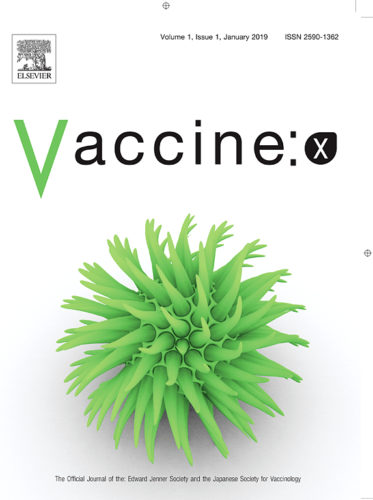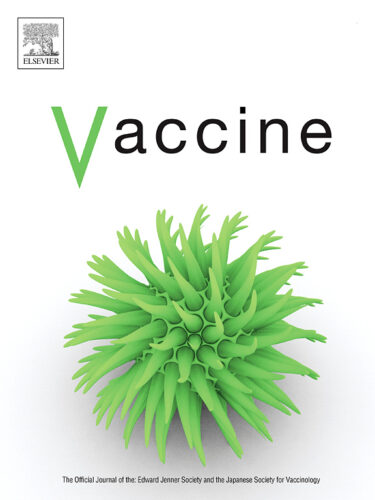After Dr. Mehmet Oz endorsed the MMR vaccine on “The Dr. Oz Show,” significantly more people in a segment of his audience regarded the MMR and flu vaccine as low-risk.
Trust in science
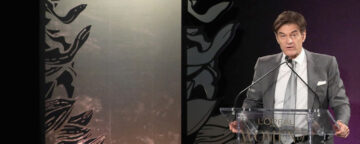
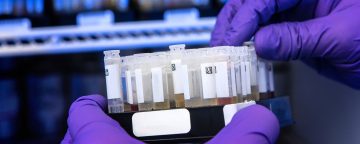
Confidence Declines in CDC and Dr. Anthony Fauci
Americans’ confidence in the CDC and in Dr. Anthony Fauci declined in January with drops both among groups of Democrats/Democratic-leaning independents and Republicans/Republican-leaning independents, according to January survey data.
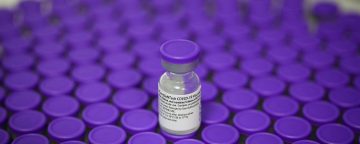
Millions Embrace Covid-19 Misinformation, Which Is Linked to Hesitancy on Vaccination and Boosters
Millions of Americans continue to believe misinformation about vaccination and Covid-19, and these beliefs are associated with hesitancy to get themselves and their children vaccinated – or, if they are vaccinated, to get a booster.

Penn Centers Create Guide for Treating and Preventing Covid-19
The Annenberg Public Policy Center and Penn’s Center for Public Health Initiatives have partnered on a guide to key facts and answers to important questions about Covid-19 and vaccination.
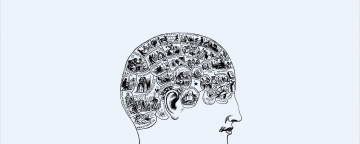
Misplaced Trust: When Trust in Science Fosters Pseudoscience
People who trust science are more likely to believe and disseminate false claims using scientific references - pseudoscience - than people who don't trust science, a study finds.
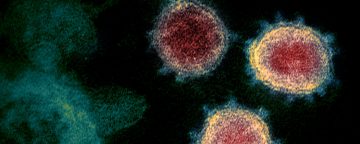
Public Trust in CDC, FDA, and Fauci Holds Steady, Survey Shows
The top U.S. health agencies retain the trust of the vast majority of the American public, as does Dr. Anthony Fauci, the public face of U.S. efforts to combat the virus, according to a new APPC survey.

How News Coverage Affects Public Trust in Science
News stories about scientific failures that do not recognize the self-correcting nature of science can damage public perceptions of trust and confidence in scientific work, a study finds.
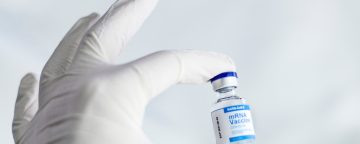
Three in Four People Say Covid-19 Vaccines Effective – and Safer Than Getting Covid-19
A new Annenberg Science Knowledge (ASK) survey shows that three in four people say Covid-19 vaccines are effective, and safer than getting Covid-19. Another 15% are not sure, and may be persuadable.
